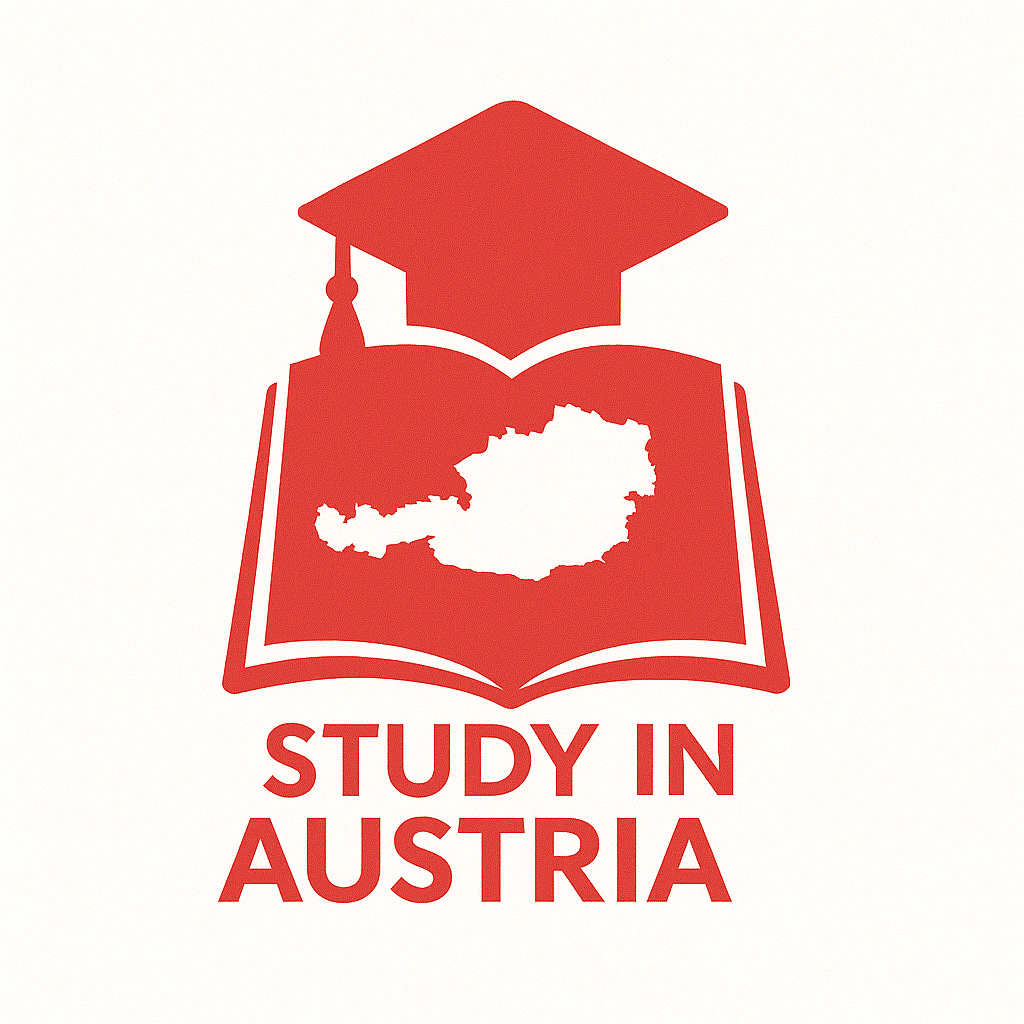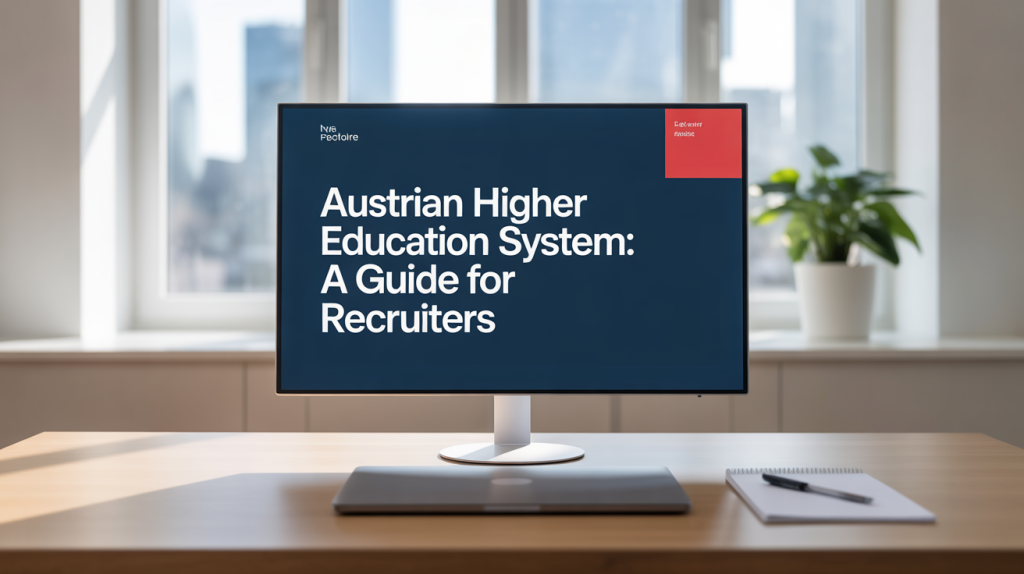Overview of the Austrian Higher Education System: An Essential Guide for International Student Recruiters
The Structure of Austria’s Higher Education Landscape
Austria offers a variety of higher education institutions that cater to different academic and professional goals. There are six primary types of institutions within the Austrian higher education system:
- Public Universities (23 institutions) – This category includes universities of arts, medicine, and technical fields, emphasizing academic and research-oriented learning.
- Private Universities (19 institutions) – These institutions specialize in innovative disciplines and may offer unique curricula that differ from public universities.
- Universities of Applied Sciences (Fachhochschulen, 21 institutions) – Focused on practical training, these universities often incorporate applied research elements into their programs.
- University Colleges of Teacher Education (14 institutions) – These colleges focus primarily on teacher training and pedagogical studies.
- Universities of Arts – Specialized institutions that focus on education and training in various forms of artistic expression.
- Medical Universities – Institutions dedicated to training healthcare professionals and conducting research in medical fields.
All nine federal provinces in Austria host institutions, thereby ensuring widespread access to various educational opportunities.
Degree Structure: Bachelor’s, Master’s, and Beyond
Bachelor’s and Master’s Studies
- Bachelor’s Programmes: Typically last a minimum of three years (six semesters), amounting to 180–240 ECTS credits. This level provides foundational knowledge essential for various fields.
- Master’s Programmes: Participation in these programs necessitates an appropriate bachelor’s degree. They last at least four semesters (one to two years) and require 90–120 ECTS credits, with a minimum of 60 ECTS credits generally needed.
Traditional and Doctoral Programmes
Certain fields maintain longer traditional diploma programmes, such as Magistra/Magister and Diplom-Ingenieur for engineering, which usually last four to six years.
- Doctoral Studies (PhD or Doktor/in): These are research-focused programs requiring completion of a master’s or diploma programme. They typically last at least three years.
Admissions and Application Processes
Understanding the admission requirements is crucial for recruiters. Here’s a brief overview:
- Bachelor’s Entrants: Typically must hold a secondary school leaving certificate equivalent to the Austrian Matura.
- Master’s Applicants: Require a bachelor’s degree or equivalent, relevant to the chosen study area.
- Doctoral Candidates: Must possess a completed relevant master’s or diploma programme.
It’s also worth noting that some programs, particularly those in competitive fields such as medicine or psychology, may require entrance examinations or have enrollment quotas.
Understanding Tuition and Fees
International students should be aware of the financial obligations associated with studying in Austria:
- EU/EEA Students: Generally, if they complete their studies within the minimum timeframe, they may be exempt from tuition fees.
- Non-EU/EEA Students: Typically face tuition fees of approximately €700 per term, alongside other costs such as student union dues and living expenses.
Next Steps for Prospective Students
For international student recruiters, helping prospective students navigate their academic journey in Austria involves several actionable steps:
- Review Institution and Programme Types: Identify which types of institutions and programs align with the students’ academic and career goals.
- Ensure Qualification Compliance: Verify that the students’ qualifications meet the entry requirements for their selected level of study.
- Awareness of Entrance Exams: Keep students informed about potential entrance exams and application deadlines, particularly in competitive fields.
- Cost Awareness: Assist students in considering tuition and living costs as they plan their studies.
- Explore Support Services: Encourage students to use support and guidance services offered by Austrian institutions to navigate their academic journey effectively.
Conclusion
Austria’s higher education system is meticulously designed to accommodate diverse academic interests and professional ambitions. Its robust framework provides international students with ample opportunities to succeed and thrive in their chosen fields. As recruiters and education professionals, it is essential to leverage the rich offerings of this system to help students make informed educational choices.
To further assist your recruitment efforts, consider partnering with Study in Austria to gain insights and access to a wide network of institutions and resources. For more information or to explore partnership opportunities, please contact us today. Together, we can enhance the educational journey for international students in Austria.
Take the Next Step with Study in Austria
Explore further to enhance your understanding and recruitment strategy:

